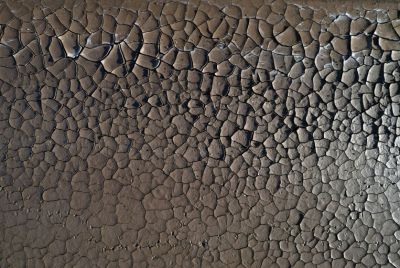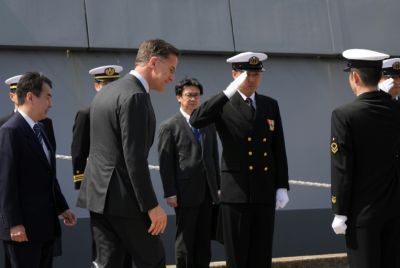Bolivia Reels From Botched Coup Bid Amid Economic Crisis

Bolivian President Luis Arce was facing a deep political crisis on Thursday after a botched bid by military chiefs to overthrow his government deepened turmoil in a country facing severe economic decline.
Tensions have been rising in recent weeks in the Andean nation over surging prices, shortages of dollars and fuel, and a power struggle between Arce and powerful former president Evo Morales ahead of 2025 elections.
Riot police kept close watch over government buildings on Thursday, a day after army chief Juan Jose Zuniga deployed troops and tanks to the heart of the capital La Paz where they tried to break down a door of the presidential palace.
"The armed forces intend to restructure democracy, to make it a true democracy and not one run by the same few people for 30, 40 years," Zuniga said
Shortly thereafter, the soldiers and tanks pulled back from the historic Plaza Murillo square and local television broadcast images of Zuniga's arrest.
Bolivia's naval chief Juan Arnez Salvador was also arrested. The two men face up to 20 years in prison for the crimes of terrorism and armed uprising, prosecutors said.
The government later broadcast a conversation between Arce and Zuniga at the doors of the presidential mansion, surrounded by military personnel in which Arce ordered his army chief to withdraw his troops to their barracks.
Zuniga replied with a blunt "No".
"We are going to defend democracy and the will of the Bolivian people, whatever the cost!" the 60-year-old Arce wrote on X, formerly Twitter. He has since sworn in new military leaders.
At least eight civilians were injured by pellets fired by the military, who also fired tear gas at people trying to reach the fenced-off government headquarters, the health ministry said.
The coup plot however took an unusual twist as Zuniga told reporters that Arce had ordered a staged uprising, to trigger a crackdown that would make him look strong and "raise his popularity."
"It is absolutely false" said minister in the presidency Maria Nela Prada.
Former centrist president Carlos Mesa (2003-2005) wrote on X that the troop deployment "resembles a farce."
Bolivia, which has a long history of military coups, has in recent weeks been rocked by an economic crisis due a drop in gas production, its main source of foreign currency until 2023.
The country has had to reduce fuel imports and there is a shortage of dollars, which has triggered protests by powerful unions of merchants and freight transporters.
Analyst Gustavo Flores-Macias, from Cornell University in the United States, told AFP the failed coup was "a symptom of a significant and broad discontent" in the country.
For now, "we must carefully evaluate how widespread the discontent is within the armed forces," he said, adding that Arce's government was facing "a critical moment of weakness."
Bolivia is also deeply polarized after years of political instability and the ruling Movement Towards Socialism (MAS) party is riven by internal conflict between supporters of Arce and his former mentor Morales.
Morales, who was Bolivia's first Indigenous president, was extremely popular until he tried to bypass the constitution and seek a fourth term in office in 2019.
The leftist won that vote but was forced to resign amid deadly protests over alleged election fraud, and fled the country.
He returned after Arce won the presidency in October 2020.
Since then a power struggle has grown between the two men, and Morales has increasingly criticized the government and accused it of corruption, tolerating drug trafficking, and sidelining him politically.
Six months ago, the Constitutional Court disqualified Morales from the 2025 elections, however he is still seeking nomination as the MAS candidate.
Arce has not said whether he will seek re-election. The opposition does not have significant support.
Russia "strongly" condemned the attempted military coup, its foreign ministry said Thursday, warning against "destructive foreign interference" in the South American country.
UN chief Antonio Guterres was "deeply concerned" by events in Bolivia, his spokesman Stephane Dujarric said.
Condemnations of the troop movements also poured in from Madrid, Washington and across Latin America, with leaders of Brazil, Chile, Ecuador, Peru, Mexico, Colombia and Venezuela calling for democracy to be respected.
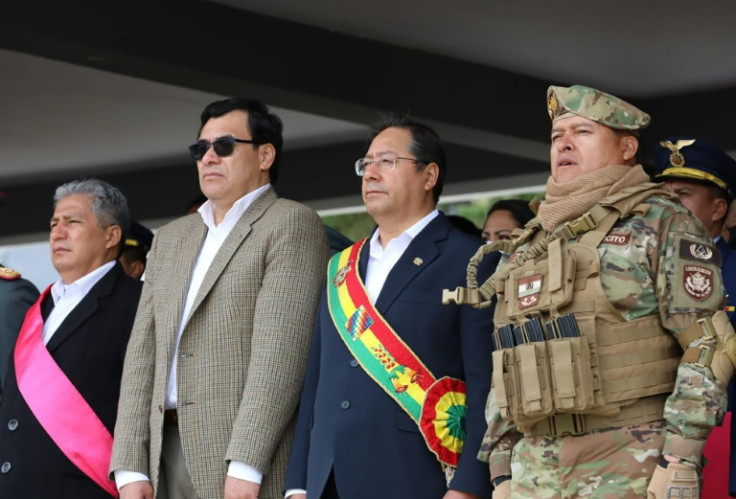
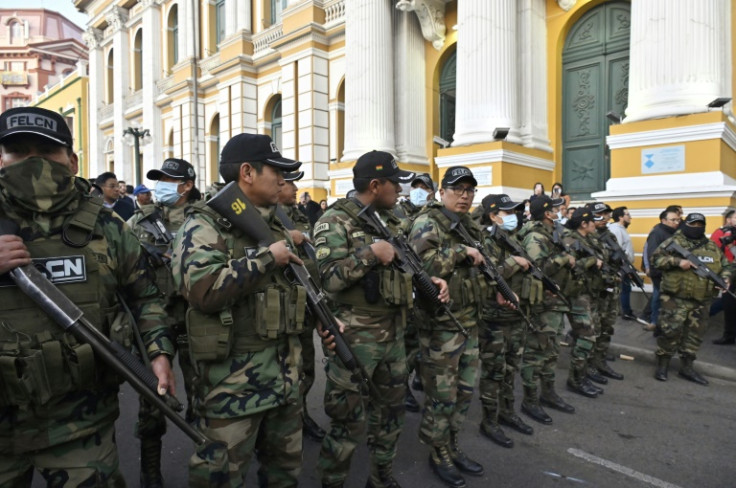
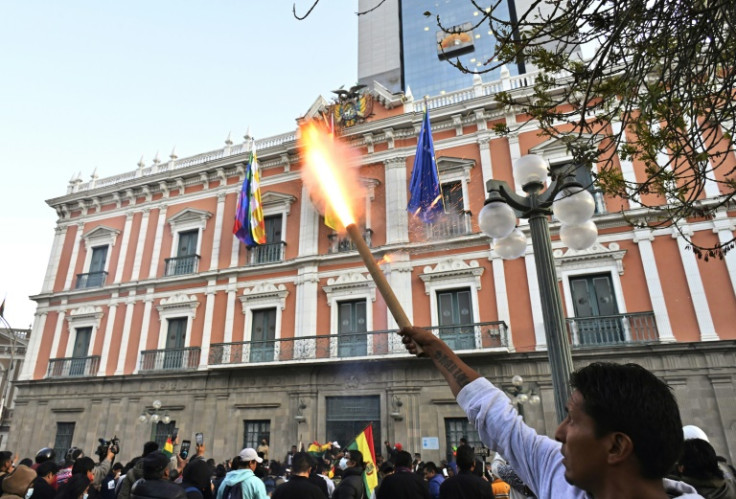
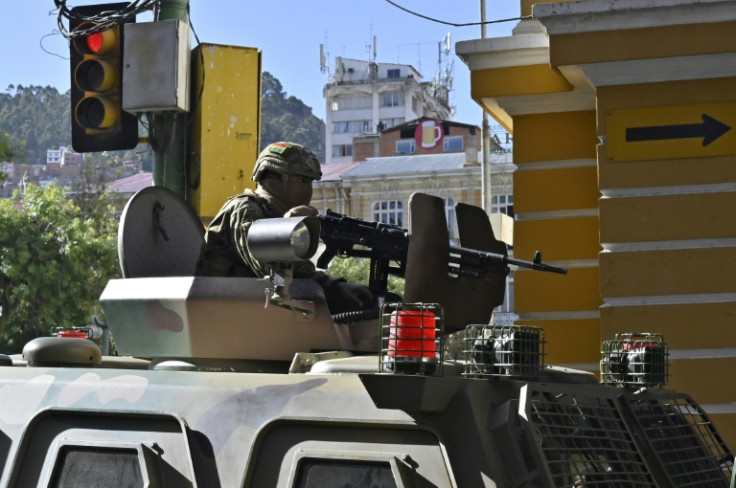
© Copyright AFP 2025. All rights reserved.






